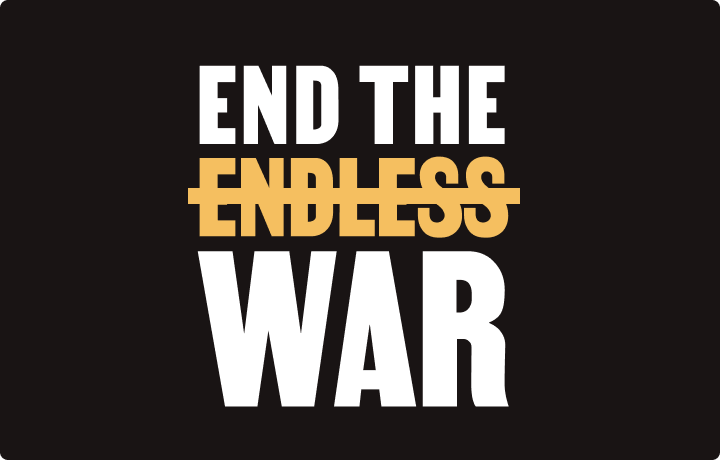ending impunity and demanding justice
Mass atrocities continue in the Democratic Republic of Congo to this day because impunity reigns — perpetrators are rarely held accountable for their crimes. Transitional justice is the answer.

what is “transitional justice” and why is it necessary in the drc?
According to the International Center for Transitional Justice, transitional justice is “a response to systematic or widespread violations of human rights. It seeks recognition for victims and promotion of possibilities for peace, reconciliation and democracy. Transitional justice is not a special form of justice but justice adapted to societies transforming themselves after a period of pervasive human rights abuse. In some cases, these transformations happen suddenly; in others, they may take place over many decades.”
Rampant violence and militia conflict has plagued DRC for over 25 years. Political instability, armed rebel groups, the presence of foreign armies, and natural resource exploitation have all contributed to one of the worst humanitarian crises in modern-day history. Millions of people have been killed and displaced from their homes, thousands of women and children have been raped, and a culture of impunity reigns. Perpetrators of even the most serious crimes are not held accountable for their actions, and the cycle of violence escalates. Mechanisms of transitional justice would not only bring these perpetrators to justice, but contribute to the healing of the nation and establishment of peace.
Download Panzi’s Transitional Justice Strategy
Télécharger la stratégie de justice transitionnelle de Panzi (en français)
“How can we build peace on mass graves? How can we build peace without truth or reconciliation? How can we build peace without justice or reparation?”



what is the UN Mapping Report, and why does it matter to peace in DRC?
In 2005, three mass graves were uncovered in the eastern region of DRC after a decade of conflict. These unfathomable discoveries prompted the Office of the United Nations High Commissioner for Human Rights to conduct a mapping exercise to document the most serious violations of human rights and international humanitarian law that were committed between 1993 and 2003. The result of these efforts was the 550-page report detailing 617 violent incidents, including mass rapes. These incidents may amount to war crimes, crimes against humanity, and crimes that could constitute genocide. The report recommended a variety of transitional justice options, including the establishment of specialized mixed chambers to prosecute the most heinous crimes.
The report was released on October 1, 2010— yet none of its recommendations have been implemented. The Mapping Report has languished in the drawers of diplomacy for the past ten years, repeated calls for the implementation of its findings have gone ignored, and those involved in the listed crimes have never been held accountable for the atrocities committed.
Why does this matter now and what is panzi’s role?
Massacres and other atrocities, including mass rapes, are once again on the rise in DRC. These violent crimes will not stop until crimes are fully prosecuted and the culture of impunity ends in the country. A decade is too long for a country to wait for justice, and those the victims of those crimes identified in the Mapping Report, as well as those crimes committed after, deserve answers.
Dr. Mukwege has been an outspoken advocate for transitional justice in DRC because he has witnessed first-hand the consequences of these crimes. He has personally repaired the bodies of thousands of women who have been raped with extreme brutality — many of them during the same time period covered in the Mapping Report. Unfortunately, since Panzi Hospital opened in 1999, rapes and acts of sexual violence have continued to occur throughout the region, and the hospital still receives 5-7 new rape cases per day. Dr. Mukwege and his staff know that sexual violence and other mass atrocities will never cease until the country implements transitional justice mechanisms that can prosecute this crimes, past and present.



